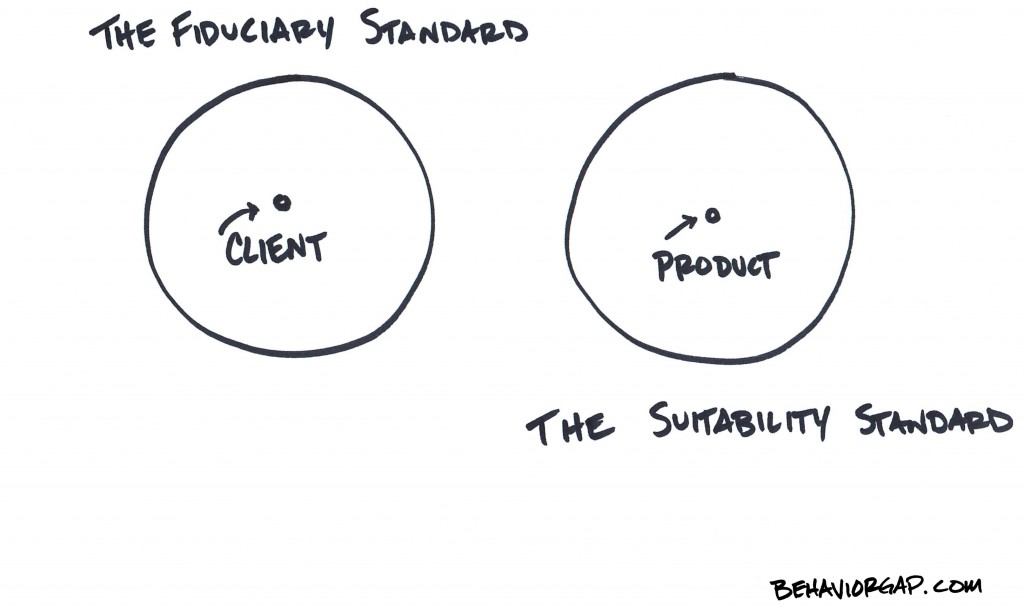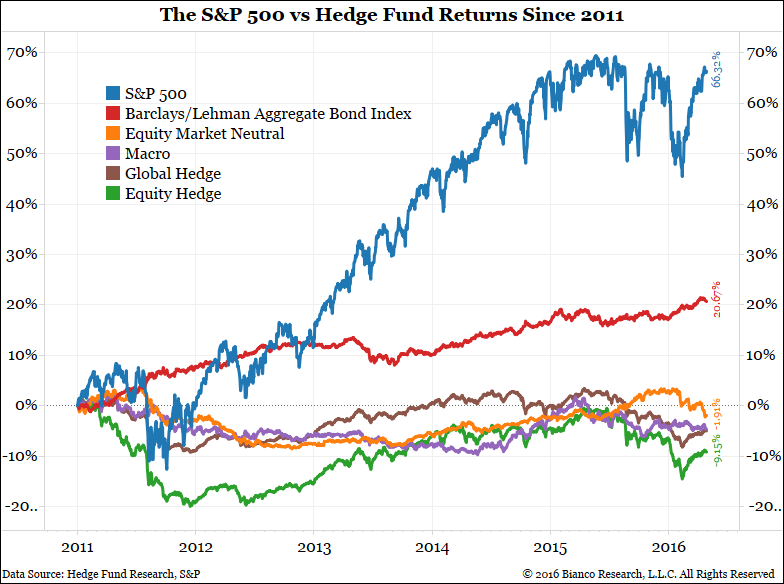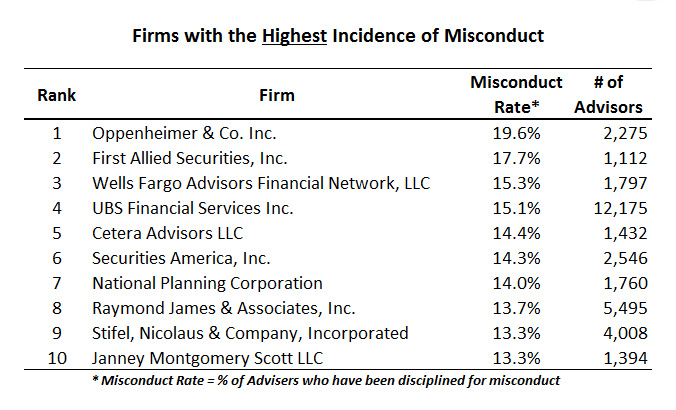Charity Navigator — The Smart Way to Give
 Giving to our community to help make this world a better place is very important, but how do you know if you’re contributing to a reputable organization that will make the best use of your donation?
Giving to our community to help make this world a better place is very important, but how do you know if you’re contributing to a reputable organization that will make the best use of your donation?
Charity Navigator (charitynavitagor.org) features a rating system of 1 to 4 stars for dozens of charitable organizations. This non-profit provides key guidance on where it’s best to give and how these charities utilize the money that you give them.
A four-star charity has the following characteristics:
- it excels at its financial health
- spends most of its money on its charitable programs (not administration or fundraising)
- completes an annual financial audit
- guarantees donors it won’t sell their names to outside parties (i.e., it protects its donors privacy and respects their time)
The best way to donate is to give directly to the charity through their website.
The worst is donating to “cold calls” from a telemarketing firm. The middleman typically keeps 80% to 90% of your contribution and shamefully little actually reaches those in need. Also, avoid appeals delivered via social media because you don’t know who is behind them.
Sources:
Charity Navigator
NPR



















